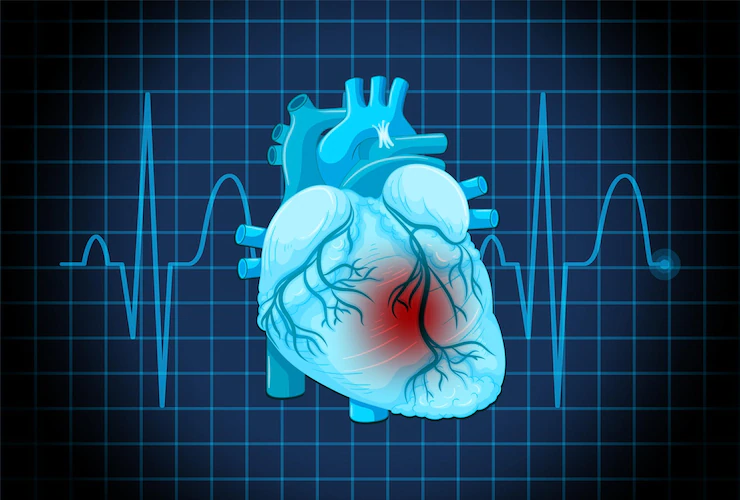
Heart failure — sometimes known as thronged heart failure — occurs when the heart muscle doesn’t pump blood as well as it should. When this happens, blood often backs up and fluid can build up within the lungs, causing shortness of breath.
Certain heart conditions, like narrowed arteries in the heart (coronary artery disease) or high blood pressure, gradually leave the guts too weak or stiff to fill and pump blood properly. Proper treatment can improve the signs and symptoms of coronary failure and may help some people live longer. Lifestyle changes — like losing weight, exercising, reducing salt (sodium) in your diet and managing stress — can improve your quality of life. However, coronary failure can be life-threatening. People with coronary failure may have severe symptoms, and a few may need a heart transplant or a ventricular assist device (VAD).
Heart failure can be ongoing (chronic), or it may start suddenly (acute).
Heart failure signs and symptoms may include:
Heart failure often develops after other conditions have damaged or weakened the heart. However, coronary failure can also occur if the heart becomes too stiff.
In coronary failure , the most pumping chambers of the heart (the ventricles) may become stiff and not fill properly between beats. In some people, the guts muscle may become damaged and weakened. The ventricles may stretch to the purpose that the heart can't pump enough blood through the body.
Copyright © 2022 Bhanuheartcare. All rights reserved. Build with 

WhatsApp us